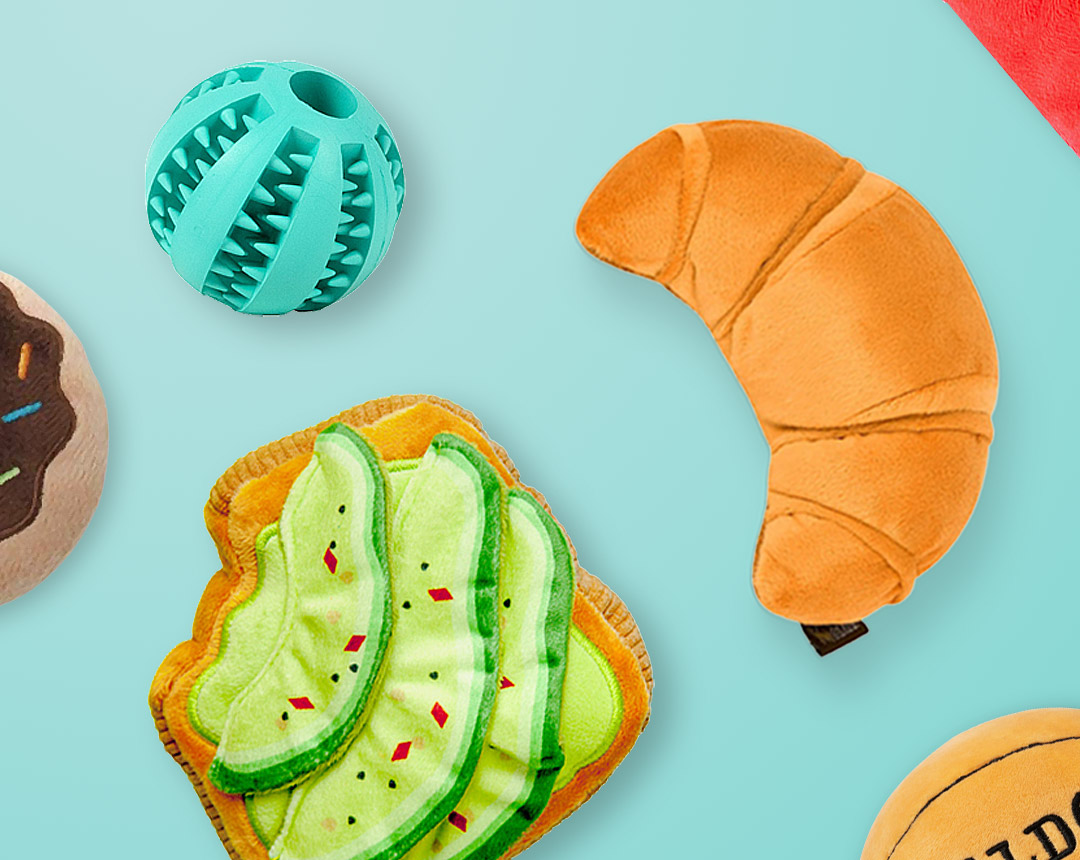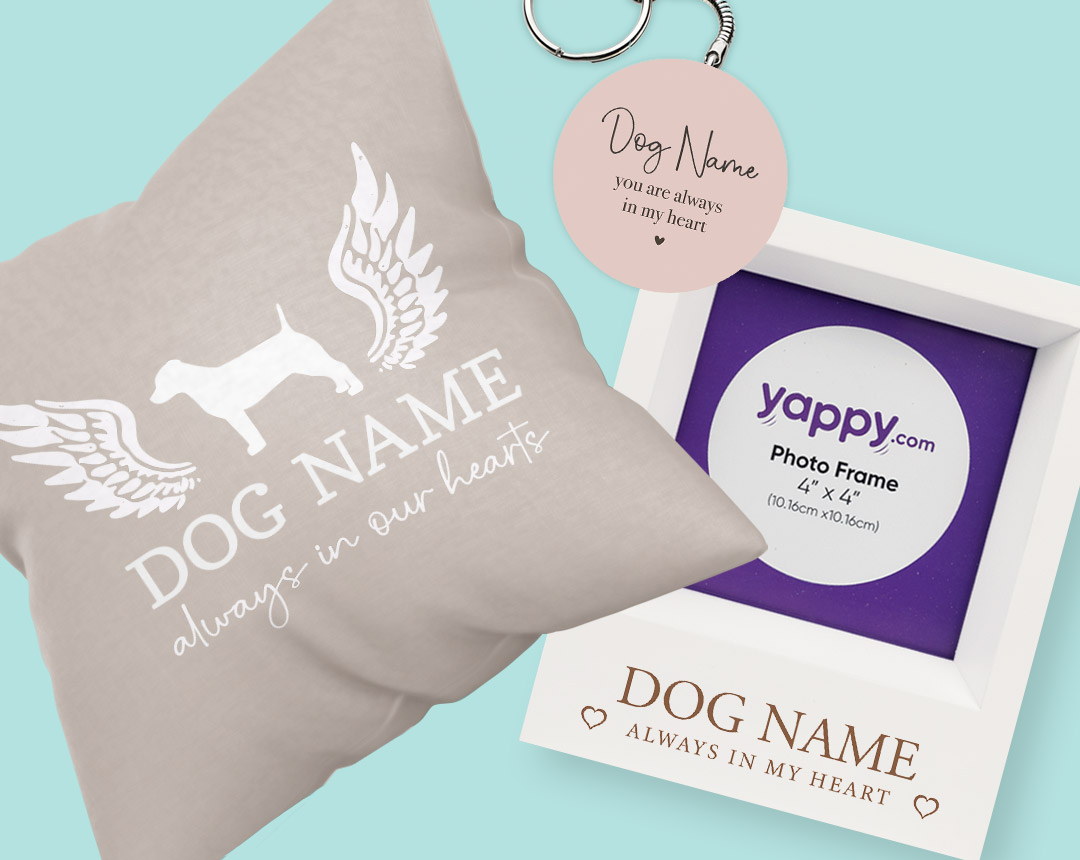Create Your Alaskan Malamute's Shop
Alaskan Malamute Breed Summary
Strong, Fearless, Joyful and Playful
These dogs are often confused with Huskys, though they are a lot larger than them as well as most other Spitz-type breeds! With regards to their appearance, they are very heavy and big-boned, which made them excellent for pulling heavily-loaded sledges through the snow in the Arctic.
Nowadays though, they have become a very popular choice of companion dog due to their unique and wolf-like appearance and kind personalities. However, they are fairly dominant in nature and need to be trained by experienced hands who have a solid understanding of the breed.
Fun fact: In their past, these dogs were thought to be used as baby sitters!
| Kennel Club Group | Working |
| Lifespan | 10 - 12 Years |
| Height (at the withers) | Males 64cm - 71cm, Females 58cm - 66cm |
| Weight | Males and Females 38kg - 56kg |
| Coat | Very Thick and Coarse Outer, Guard Coat. Dense Undercoat; Woolly and Oily in Texture, around 2.5 to 5 cm Deep. Guard Coat and Undercoat Varies in Length. Often Thicker Around The Shoulders and Neck and also Down the Back and Over the Croup |
| Colour | Agouti & White, Black & White, Blue & White, Grey & White, Red & White, Sable & White, Seal & White, Silver & White, White, Wolf Grey & White, Wolf Sable & White |
| Eye colour | Dark Brown |
| Common health issues | Hip Dysplasia (HD), Eye Disorders including hereditary cataracts, Cone Degeneration (CD), Alaskan Malamute Polyneuropathy (AMPN), Epilepsy, Gastric torsion/bloat, Chondrodysplasia (dwarfism), Coat funk/alopecia X |
| Other Names | Malamute, Mal, Mally |
Though these massive dogs are first seen as intimidating, with tremendous strength and endurance, they are actually big old softies. Alaskan Malamutes regard everyone, family or stranger, as their friend but because of this, they don't make the greatest guard dog. What they do need, however, is plenty of space to run around in both for exercise and fun helping them to avoid becoming bored and restless (making them highly unsuitable for living in apartments). Another thing to consider is that because they have high independence, they will often come off as stubborn or stupid, if not adequately trained. But if trained and cared for correctly, you could soon have a big friendly (and very fluffy) giant as your best friend, who will give you years of joy and happiness.
Not only are the Alaskan Malamutes of the oldest Arctic Sled Dogs, but they are also one of the largest dogs in the world, with the Giant variation of this breed reaching weights of up to 180 pounds! So, it's no surprise that these giant dogs are often confused with wolves. They have been used to hunt the likes of Seals and even chase away Polar Bears – needless to say, they are fearless. They were very highly valued by the Eskimos, who treated these dogs with the utmost respect, and the name 'Malamute' actually refers to a regional dialect spoken by a group of Eskimos. These beasts have extremely powerful, strong and sturdy bodies and is one of the many reasons this breed is categorised within the 'working dog' group. Nowadays, they more commonly show off their strength in competitions, in categories such as weight pulling and recreational sledging.





























